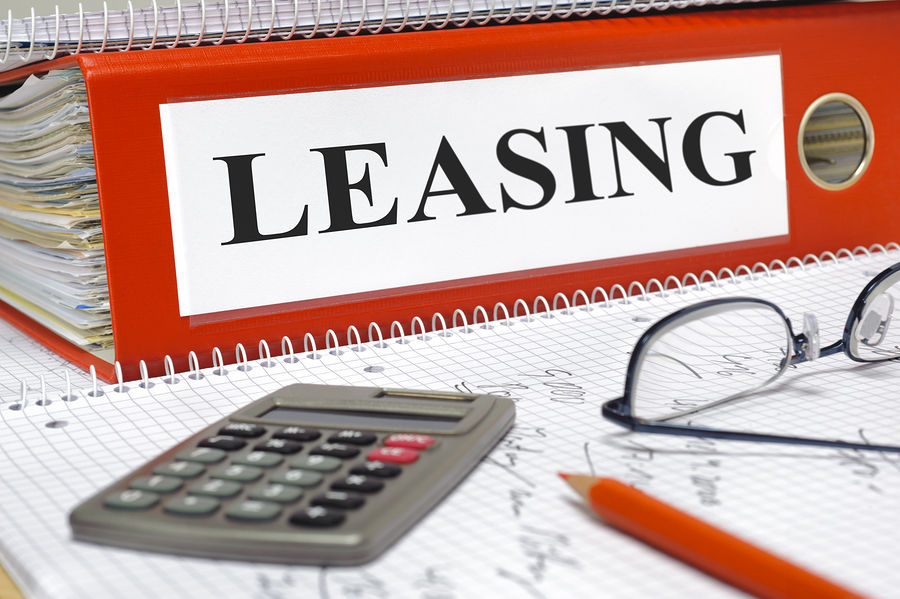 We mentioned operating expenses last week as part of our article on the top issues to review while negotiating leases. Now, we want to expand the discussion as operating expenses have become more and more complicated.
We mentioned operating expenses last week as part of our article on the top issues to review while negotiating leases. Now, we want to expand the discussion as operating expenses have become more and more complicated.
The list of operating expense exclusions are often long and detailed in leases; however, if the language is not provided in a specific provision in the lease, then that item can become an inclusion and not be considered an operating expense at all. The legalese in this area is often overlooked and must be closely examined before closing the negotiations.
Here’s an example: Tenant improvement allowances, ground lease rent, interest on loan payments, charitable contributions and other items are almost always listed as operating expense exclusions, but if they were not listed as an exclusion, then they would still not be an operating expense absent a specific reference in the lease to such item as an inclusion. That being said, there are other exclusions, which are imperative in a lease, otherwise a tenant can be hurt and surprised. Examples are major increases in operating expenses owing to capital expenditures, large deductibles (i.e., in the event of an hurricane, earthquake, tornado, etc), and failure to include a proper gross-up provision in base years leases.
The following provisions, if included in a tenant’s lease, will minimize the chances that a tenant could get hurt on operating expenses. Please note this example is provided in a PLI course handbook, Negotiating Commercial Leases: How Owners & Corporate Occupants Can Avoid Costly Errors.
- Costs of items considered capital repairs, replacements, improvements and equipment under generally accepted accounting principles consistently applied or otherwise (“Capital Items”), except for (i) the annual amortization (amortized over the useful life) of costs, including financing costs, if any, incurred by landlord after the commencement date for any capital improvements installed or paid for by landlord and required by any new (or change in) laws, rules or regulations of any governmental or quasi-governmental authority which are enacted after the commencement date; or (ii) the annual amortization (amortized over the useful life) of costs, including financing costs, if any, or any equipment, device or capital improvement purchased or incurred as a labor-saving measure or to affect other economics in the operation or maintenance of the building (provided the annual amortized costs does not exceed the actual cost savings realized and such savings do not redound primarily to the benefit of any particular tenant other than tenant);
- Costs incurred by landlord for the repair of damage to the building, to the extent that landlord is reimbursed by insurance proceeds, and costs of all capital replacements, regardless of whether such repairs are covered by insurance (except if permitted under subsection A above) and cost of weather-event repairs in excess of $25,000 per event;
- Costs incurred in connection with upgrading the building to comply with the current interpretation of disability, life, fire and safety codes, ordinances, statutes, or other laws in effect prior to the commencement date, including, without limitation, the ADA, including penalties or damages incurred due to such noncompliance;
- Any increases of, or reassessment in, Real Property Taxes and assessments in excess of 2% of the taxes for the previous year, and any increase in Real Property Tax resulting from a change in ownership of the landlord or from major alterations, improvements, modifications or renovations to the building or the land (collectively, “transfers”) except that operating expenses shall include the portion of Real Property Taxes resulting from or attributable to an assessed value of the building and land greater than the market value per rentable square foot at the inception of the lease resulting from a change in ownership; or
- Any other expenses which, in accordance with generally accepted accounting principles, consistently applied, would not normally be treated as operating expenses by comparable landlords of comparable buildings.
If the building does not have at least 100% of the rentable area of the building occupied during any calendar year period (including any calendar year(s) falling within the base year), then the variable portion of operating expenses for such period shall be deemed to be equal to the total of the variable portion of operating expenses which would have been incurred by landlord if 100% of the rentable area of the building had been occupied for the entirety of such calendar year with all tenants paying full rent, as contrasted with free rent, half rent or the like (gross-up provision).
Negotiating operating expenses within a lease is complicated. Our knowledge and experience helps our clients receive the best possible outcomes; contact us when you’re ready to begin negotiations with a new landlord or in renegotiating your current lease. We will help you with the business points of your lease. If you have a real estate attorney, they can be invaluable. If not, we could recommend a few for you to choose from.
